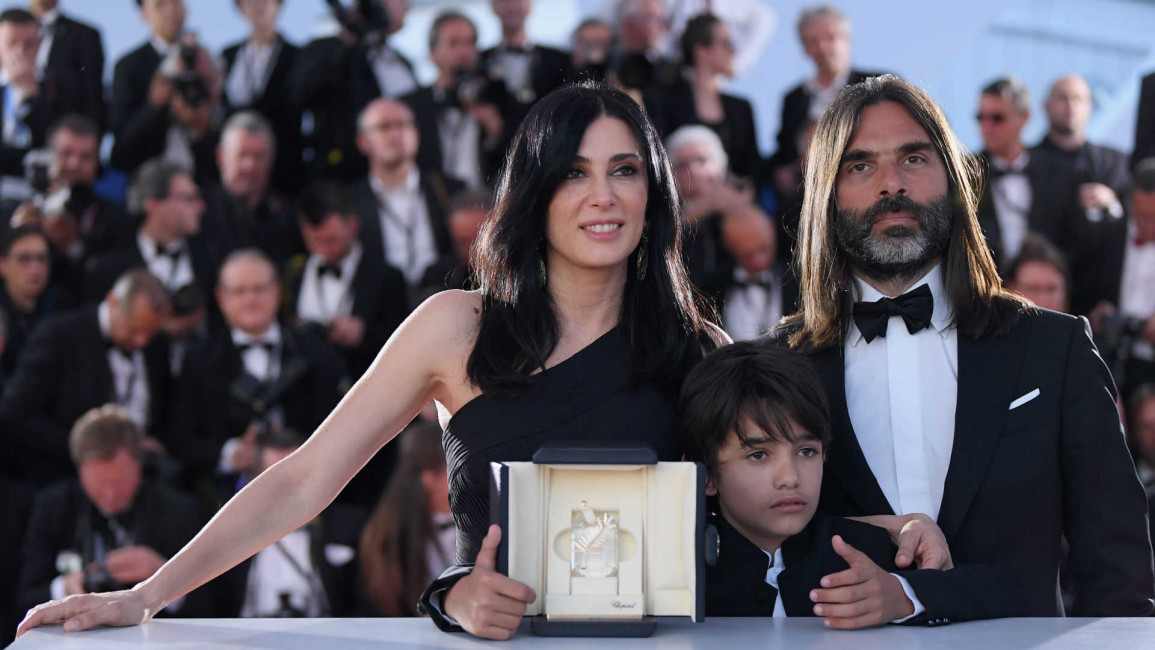Lebanese filmmaker Nadine Labaki wins prestigious Cannes prize for 'Capernaum'
Famed Lebanese filmmaker Nadine Labaki's film "Capernaum" won the Jury Prize at Cannes on Saturday, the first time an Arab woman won a major prize at the festival.
Labaki's drama was competing with 20 other works for the prestigious Palme d'Or.
The film centres around a 13-year-old Syrian refugee living in a Lebanese slum who takes his parents to court for bringing him into the world knowing they can't provide food, safety or even ID papers.
Many viewers praised Labaki and "Capernaum" on social media following its premiere, and her film has scored a string of distribution deals.
The film earned a 15-minute standing ovation after premiering on Thursday. Labaki is the second female to receive the Palme d'Or, and was one of three women contenders this year.
The Lebanese filmmaker performed a "zalghoutta" (celebratory ululation) after finding out the result.
| Facebook Post |
She dedicated her award to her impoverished amateur cast and her homeland.
"I really think about them (the cast). I hope the film will enable the voices of these children to be better heard and trigger a debate," she told reporters.
The glamorous 44-year-old added that she was "almost ashamed to be wearing such beautiful dresses" to promote her film about a boy who takes his parents to court for bringing him into a miserable, loveless existence.
In an interview with AFP this week she said her mind was currently on the "notion of borders, of having to have papers to exist, of being completely excluded from the system if you don't have them, of the maltreatment of children, modern slavery, immigrant workers, Syrian immigrants".
Her film does not spare the rod with her homeland in "Capernaum", at the risk of being accused of washing Lebanon's dirty laundry in public.
But she also said that Lebanon, despite everything, "gets by as best it can".
"It has welcomed the most refugees in the world (relative to its population), despite not having the means to meet the needs of its own population."
Follow us on Twitter: @The_NewArab


